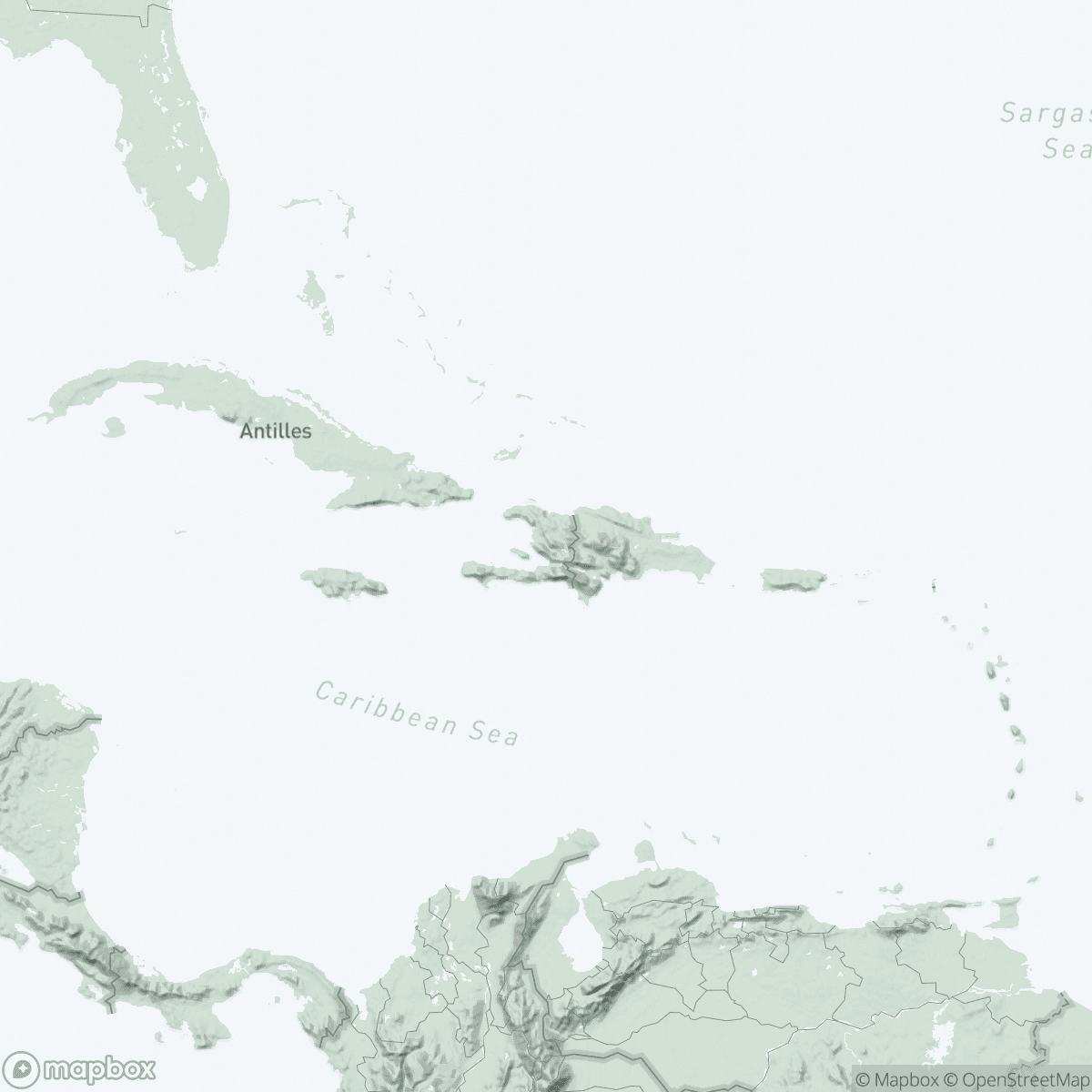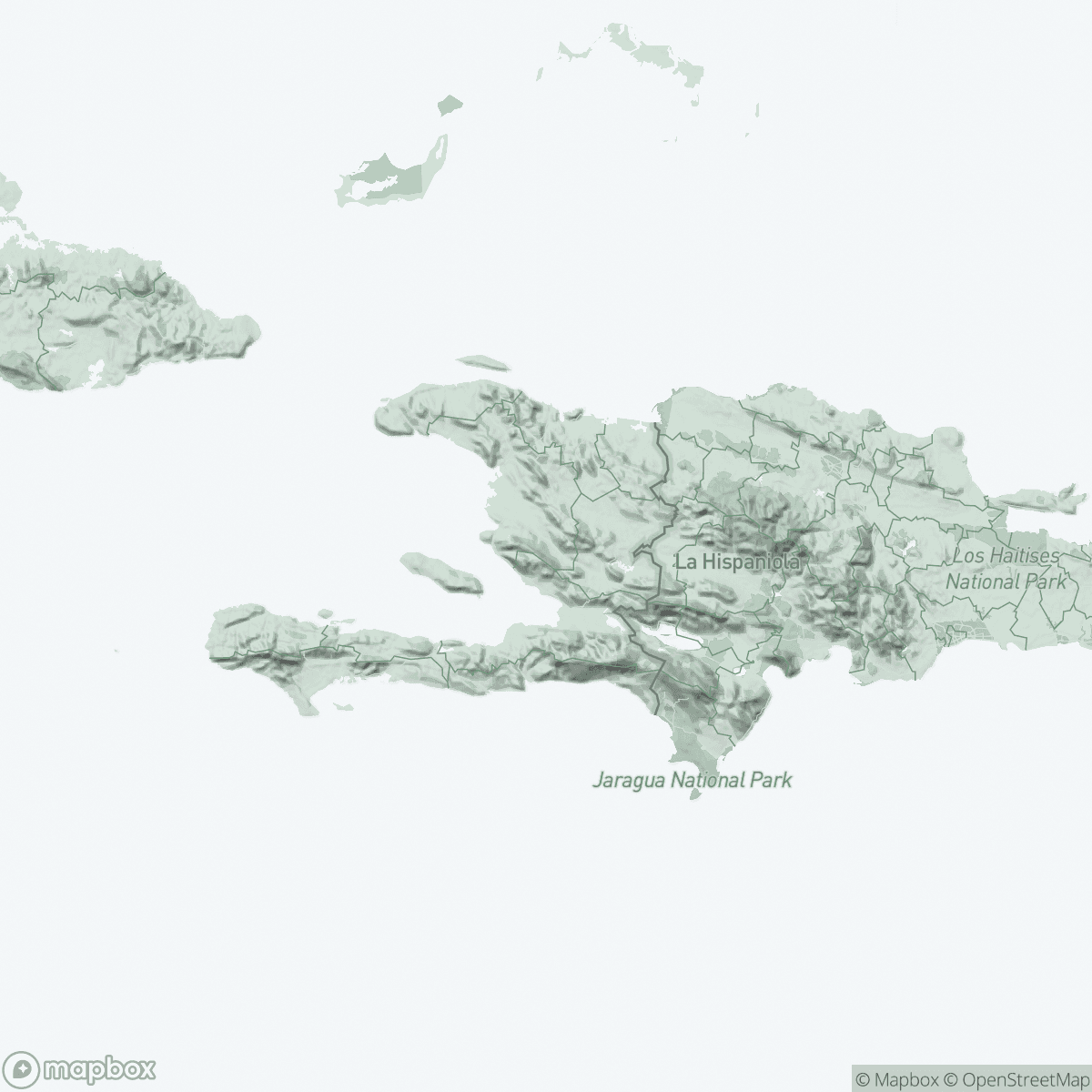
Haiti is on the verge of a health disaster
In 1 click, help us spread this information :
"Last week, a pregnant woman came to our hospital in Cité Soleil needing an emergency caesarean section. We tried to transfer her to a medical facility where she might find that kind of treatment, but she died", explains MSF doctor Dr. Luxamilda Jean-Louis. "Whether it's due to insecurity on the roads, or to health structures not functioning anymore, events like this happen every day in Port-au-Prince. The situation is so volatile that it can change from one day to the next, even from one hour to the next."
We will not be able to operate our medical facilities for more than a few weeks if we do not have access to fuel." Mumuza Muhindo, MSF's Head of Activities in Haiti
For several days now, the vast majority of the hospitals in the city, which, like MSF, depend on generators to operate, have been forced to reduce their services and may have to close their doors because of the fuel shortages. "We are facing the same situation as other hospitals in Port-au-Prince; we will not be able to operate our medical facilities for more than a few weeks if we do not have access to fuel. In addition, medical equipment, which we also need to continue to treat cholera cases and provide care to the population, is currently blocked at the port," explains Mumuza Muhindo, MSF's Head of Activities in Haiti.
MSF teams are equally worried about the resurgence of cholera officially confirmed on October 2. The organisation has been receiving over a hundred patients with cholera-like symptoms every day during the past week in the four treatment centres set up in the neighbourhoods of Turgeau, Drouillard in Cité Soleil, Champ de Mars and Carrefour, with a total capacity of 205 beds. "Unsafe water is one of the main causes for the spread of cholera, so the consequences of a lack of clean water in this context of resurgence of the disease are disastrous. Without drinkable water, treatment and good waste management, the risk of a spike in the number of cases is very high and this needs to be addressed urgently," warns Auguste Ngantsélé, MSF’s Medical coordinator in Haiti.
In addition to the access to water and the establishment of care capacities, the population must also be able to access health structures. Yet, this access is a constant challenge in the Haitian capital: it is often very hard to reach a healthcare facility that is capable to provide the needed treatment; MSF witnesses this situation every day through its medical activities, whether it be for the care for trauma patients, victims of burns, vital emergencies or sexual violence survivors.
In recent days, MSF has further increased its activities, strengthening the surgical capacity of some of its projects, and implementing a response to cholera that focuses on treatment, but also on the prevention of infections.


